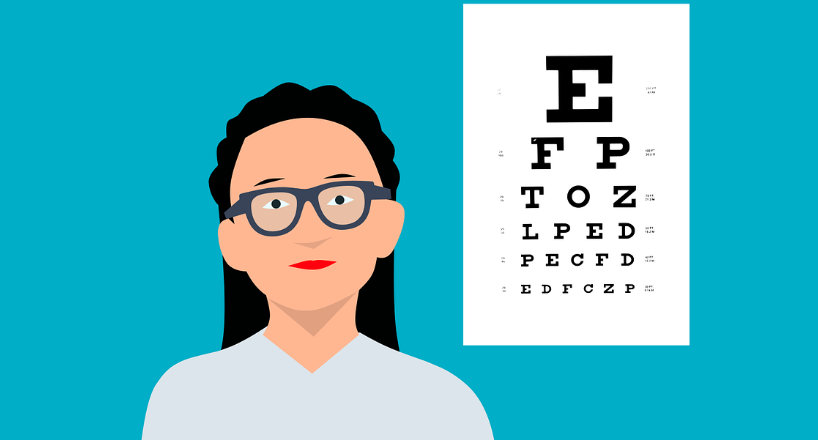Vision Screening: A Quick and Simple Way to Assess Your Eye Health
Vision screening is a quick and simple way to assess your eye health and determine if you need a more comprehensive eye exam. The goal of a vision screening is to identify any potential vision problems early on, so that appropriate treatment can be provided before your vision is significantly affected. Vision screening is typically performed by school nurses, pediatricians, or optometrists and may include simple tests such as reading an eye chart or identifying numbers and letters from a distance. Vision screening is often the first step in detecting vision problems and can help ensure that you receive the care you need to maintain good eye health. Whether you’re a child, an adult, or a senior, regular vision screening is an important part of maintaining your overall eye health and well-being.
Vision screening is …
A set of simple eye tests to help identify people who may have certain eye problems. Typically carried out by pediatricians, school nurses, helped living caretakers, and other health care professionals and volunteers, vision screening generally includes a vision test for your capability to see clearly at ranges utilizing the “Big E” chart (Snellen chart).
A vision screening might also include a screening of your eye’s reaction to light, muscle coordination, or by viewing easy images and graphs that could expose colorblindness or other covert problems. The vision test you take to get your driver’s license is an example of a vision screening.
Neighborhood health companies, public schools, health centers, and helped living facilities typically provide vision screening as part of their services. Offered at crucial periods in life, such as early childhood, pre-teen years, and as you age, vision screening can help monitor the quality of your vision, and perhaps determine typical vision problems.
But they’re not a substitute for a total vision test offered by an eye care professional.
Vision testing is …

A comprehensive set of eye tests performed by an eyecare professional in a regulated office setting with devices that goes far beyond what’s available at a vision screening.
Typically performed with eye drops that assist the pupil “open” (dilation), vision tests typically consist of screening of vision at multiple distances, peripheral vision testing, and a series of procedures designed to examine the structures of the eye for proof of eye illness or eye problems like age-related macular degeneration, glaucoma, cataracts or diabetes.
A vision test from a certified eyecare expert is necessary because a number of the important things hidden or unknowable at a vision screening, expose themselves under closer professional observation.
And simply as significantly, just an eyecare specialist can direct you to the treatment necessary to enhance your vision or protect your eyes– a prescription for corrective lenses, medications to deal with typical eye problems, or a variety of surgical options now available to people with eye problems.
Vision test: How often?
As a general rule of thumb, it’s a good concept to have a thorough eye exam and vision test at least every 2 years.
This especially consists of children below the age of 5, who may not completely understand that they’re even having a vision issue up until they go through an expert vision test.
Vision can alter quickly throughout childhood. Routine vision screening is a quick and wise method to stay up to date with those changes.
In lots of instances, more frequent vision testing is advised. If you have diabetes, for example, you are at greater risk for establishing glaucoma, cataracts and diabetic retinopathy– damage to the capillary in the retina. After age 35, the threats increase for a host of age-related eye problems or diseases such as presbyopia, macular degeneration, and cataracts.
An extensive eye test every year is not unusual. Vision tests are convenient and protect your eyes in the short term, and long term.